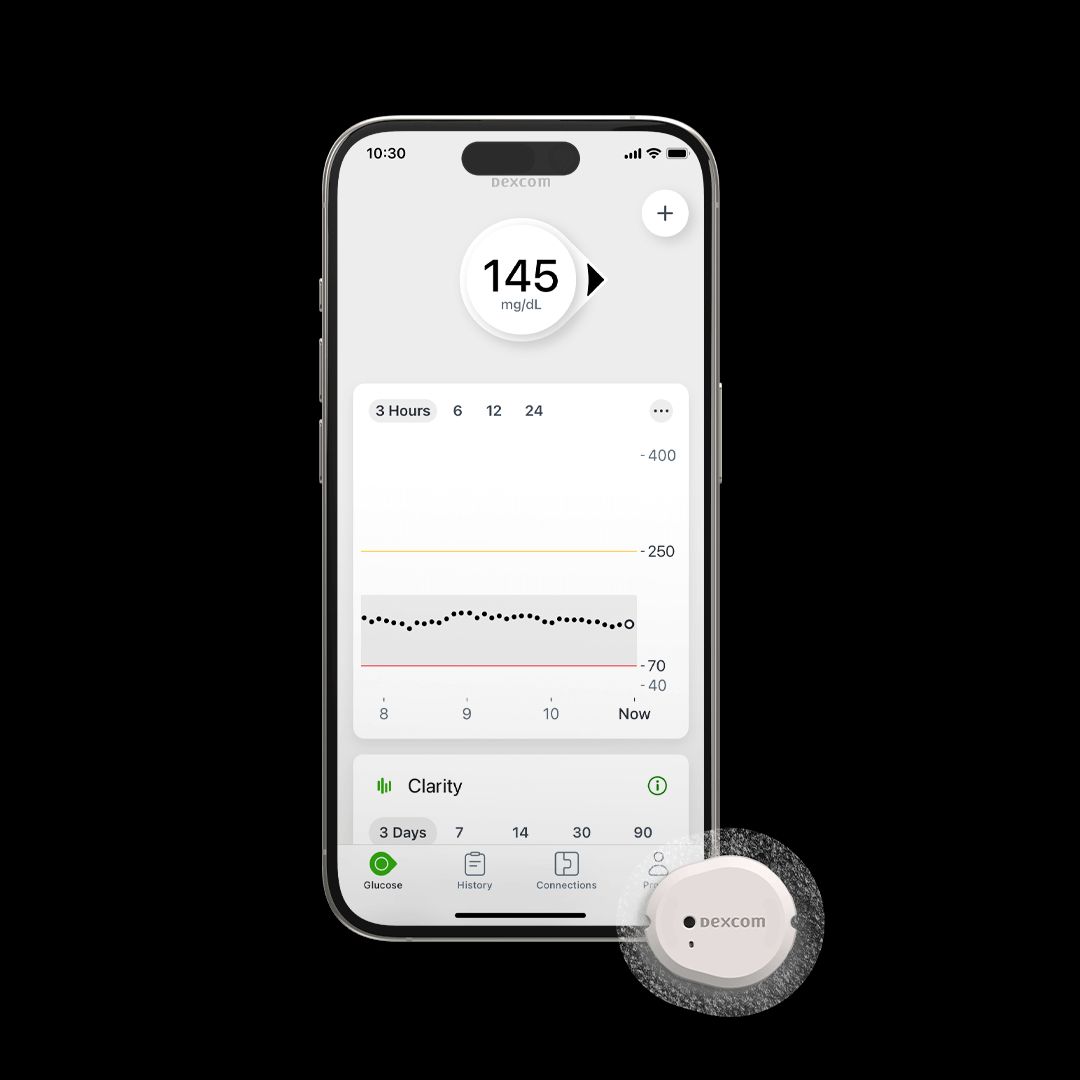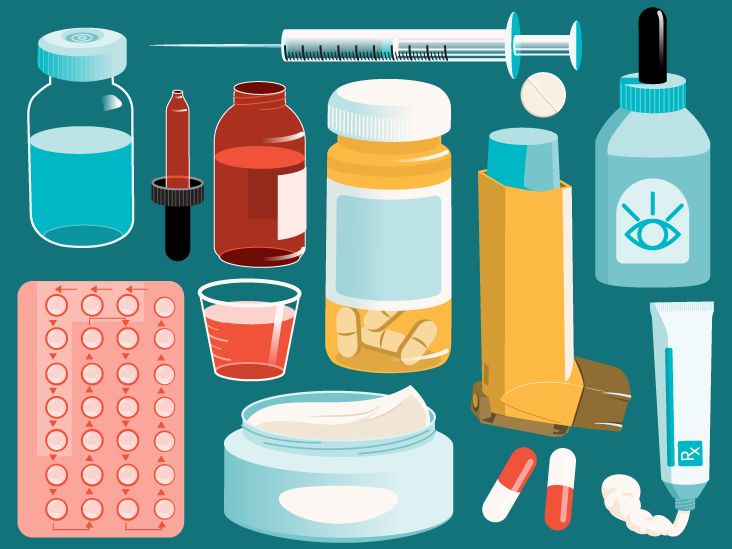A wide variety of vegetables, including bell peppers, asparagus, zucchini, and broccoli, can add important nutrients to a low carb diet.
The definition of a low carb diet varies widely. Most are under 130 grams (g) of carbs per day, and some go as low as 20 g per day.
Vegetables are low in calories but rich in vitamins, minerals, and other important nutrients. In addition, many are low in carbs and high in fiber, making them ideal for low carb diets.
Low carb vegetables
Here is a list of the 20 best low carb vegetables to include in your diet.
Need help managing high or low blood sugar? Dexcom G7 delivers real-time insights, 24/7, so you can better control your glucose levels every day. Results you can finally see.
1. Bell peppers
Bell peppers, also known as sweet peppers or capsicums, are incredibly nutritious.
They contain antioxidants called carotenoids, which may help:
– reduce inflammation
- decrease cancer risk
- protect against oxidative damage from cholesterol and fats
One cup (149 g) of chopped red pepper contains 9 g
Trusted Source
of carbs, 3 g of which are fiber.
This serving size also provides 26% of the Daily Value (DV) for vitamin A and 212% of the DV for vitamin C, which is often lacking
Trusted Source
in very low carb diets.
Green, orange, and yellow bell peppers have similar nutrient profiles, although their antioxidant contents may vary.
2. Broccoli
Broccoli is a member of the cruciferous vegetable family.
A 2021 animal study
Trusted Source
found that broccoli may help decrease insulin resistance, which could help in the management of type 2 diabetes.
Broccoli may also help protect against several types of cancer, including prostate cancer.
One cup (91 g) of raw broccoli contains 6 g
Trusted Source
of carbs, 2 g of which are fiber.
It also provides 90% of the DV for vitamin C and 77% of the DV for vitamin K.
HEALTHLINE RESOURCE
Leqvio: Treat High Cholestrol
If you have high cholestrol, your doctor may prescribe Leqvio. Learn more about pricing, side effects, dosage, and more.
3. Asparagus
Asparagus is a delicious spring vegetable.
One cup (180 g) of cooked asparagus contains 7 g
Trusted Source
of carbs, 4 g of which are fiber. It’s also a good source of vitamins A, C, and K.
Animal studies suggest that asparagus may help improve
Trusted Source
cognitive performance and brain health.
4. Mushrooms
Mushrooms are extremely low in carbs.
A one-cup (70-g) serving of raw white mushrooms contains just 2 g
Trusted Source
of carbs, 1 g of which is fiber.
In a 2016 study
Trusted Source
involving males with metabolic syndrome, eating 3.5 ounces (100 g) of white mushrooms for 16 weeks significantly improved antioxidant and anti-inflammatory markers.
5. Zucchini
Zucchini is a popular vegetable and the most common type of summer squash.
One cup (124 g) of raw zucchini contains 4 g
Trusted Source
of carbs, 1 g of which is fiber. It’s a good source of vitamin C, providing 25% of the DV per serving.
Yellow Italian squash and other types of summer squash have carb counts and nutrient profiles similar to zucchini.
6. Spinach
Spinach is a leafy green vegetable that provides major health benefits.
Research suggests it may help protect heart health
Trusted Source
, lower blood pressure, and decrease the risk
Trusted Source
of common eye diseases like cataracts and macular degeneration.
One cup (180 g) of cooked spinach provides more than seven times
Trusted Source
the DV for vitamin K.
Spinach is also low in carbs, but the carbs become more concentrated as the leaves are cooked down and lose their volume.
For example, one cup of cooked spinach contains 7 g
Trusted Source
of carbs with 4 g of fiber, whereas one cup of raw spinach contains 1 g of carbs with almost 1 g
Trusted Source
of fiber.
Your privacy is important to us
7. Avocados
Avocados are a unique and delicious food.
Although technically a fruit, avocados are typically consumed as vegetables. They’re also high in fat and contain very few digestible carbs.
A one-cup (150-g) serving of chopped avocados has 13 g
Trusted Source
of carbs, 10 g of which are fiber.
Research suggests that eating avocados may help lower your risk
Trusted Source
of cardiovascular disease and coronary artery disease. They may also help lower LDL (bad) cholesterol and triglyceride levels.
8. Cauliflower
Cauliflower has a mild taste and is often used as a substitute for higher carb foods like potato and rice.
One cup (107 g) of raw cauliflower contains 5 g
Trusted Source
of carbs, 2g of which are fiber. It’s also high in vitamin K and provides 57% of the DV for vitamin C.
Like other cruciferous vegetables, cauliflower may help reduce your risk of heart disease and cancer.
9. Green beans
Green beans are sometimes referred to as snap beans or string beans.
They’re a member of the legume family, along with beans and lentils. However, they have significantly fewer carbs than most legumes.
A one-cup (125-g) serving of cooked green beans contains 10 g
Trusted Source
of carbs, 4 g of which are fiber.
Green beans contain carotenoids, which are associated with
Trusted Source
improved brain function during aging.
10. Lettuce
Lettuce is one of the lowest-carb vegetables around.
One cup (47 g) of lettuce contains 2 g
Trusted Source
of carbs, 1 g of which is fiber.
Depending on the type of lettuce, it may also be a good source of certain vitamins.
For instance, romaine and other dark-green varieties are rich in vitamins A and K.
They’re also high in folate. Folate helps decrease levels of homocysteine, a compound linked to
Trusted Source
an increased risk of heart disease.
11. Garlic
Garlic is known for its beneficial effects on immune function.
Research suggests it may boost resistance
Trusted Source
to the common cold and decrease
Trusted Source
blood pressure.
Although it’s a high carb vegetable by weight, the amount typically consumed in one sitting is very low due to its strong taste and aroma.
One clove (3 g) of garlic contains 1 g
Trusted Source
of carbs, part of which is fiber.
12. Kale
Kale is a vegetable loaded with antioxidants, including quercetin and kaempferol.
These antioxidants contain several compounds that could help
Trusted Source
reduce inflammation, oxidative stress, and infections.
One cup (21 g) of raw kale contains 1 g
Trusted Source
of carbs, which is mostly fiber. It also provides 68% of the DV for vitamin K and 22% of the DV for vitamin C.
13. Cucumbers
Cucumbers are low in carbs and very refreshing.
One cup (104 g) of chopped cucumber contains 4 g
Trusted Source
of carbs, less than 1 g of which is fiber.
Although cucumbers aren’t very high in vitamins or minerals, they contain a compound called cucurbitacin E, which may benefit health.
Animal studies
Trusted Source
suggest that it may have anticancer and anti-inflammatory properties and may protect brain health.
14. Brussels sprouts
Brussels sprouts are another tasty cruciferous vegetable.
A half-cup (78-g) serving of cooked Brussels sprouts contains 6 g
Trusted Source
of carbs, 2 g of which are fiber.
It also provides 53% of the DV for vitamin C and 91% of the DV for vitamin K.
15. Celery
Celery is extremely low in digestible carbs.
A one-cup (101-g) serving of chopped celery contains 3 g
Trusted Source
of carbs, 2 g of which are fiber. It’s a good source of vitamin K, providing 25% of the DV.
In addition, it contains luteolin, an antioxidant that shows potential for preventing and helping treat cancer.
16. Tomatoes
Tomatoes have numerous impressive health benefits.
Like avocados, they are technically fruits but usually consumed as vegetables.
They’re also low in digestible carbs. One cup (149 g) of cherry tomatoes contains 6 g
Trusted Source
of carbs, 2 g of which are fiber.
Tomatoes are a good source of vitamins A, C, and K. They’re also high in potassium, which can help reduce
Trusted Source
blood pressure and decrease stroke risk.
17. Radishes
Radishes are Brassica vegetables with a sharp, peppery taste.
One cup (116 g) of raw sliced radishes contains 4 g
Trusted Source
of carbs, 2 g of which are fiber.
They’re fairly high in vitamin C, providing 20% of the DV per serving.
Radishes contain isothiocyanates, which slow the growth
Trusted Source
of breast cancer cells in test tube studies.
18. Onions
Onions are a pungent, nutritious vegetable.
Although they’re fairly high in carbs by weight, people usually consume them in small amounts because of their robust flavor.
A half-cup (58 g) of sliced raw onions
Trusted Source
contains 5 g
Trusted Source
of carbs, 1 g of which is fiber.
Onions are high in the antioxidant quercetin, which may lower
Trusted Source
blood pressure.
19. Eggplant
Eggplant is a common vegetable in many Italian and Asian dishes.
A one-cup (99-g) serving of chopped, cooked eggplant contains 8 g
Trusted Source
of carbs, 2 g of which are fiber.
It’s not very high in most vitamins or minerals. However, animal research suggests eggplant may help
Trusted Source
lower cholesterol and improve other markers of heart health.
20. Cabbage
Cabbage has some impressive health benefits.
As a cruciferous vegetable, it may help reduce the risk of certain cancers, such as
Trusted Source
breast cancer.
One cup (89 g) of chopped raw cabbage contains 5 g
Trusted Source
of carbs, 2 g of which are fiber.
It also provides 36% of the DV for vitamin C and 56% of the DV for vitamin K.
21. Artichokes
Artichokes are delicious and nutritious.
One medium-sized globe artichoke (120 g) contains 14 g
Trusted Source
of carbs. However, 7 g come from fiber, making it fairly low in digestible carbs.
Artichokes may have numerous health benefits, such as
Trusted Source
lowering blood pressure, cholesterol, and blood sugar levels.
Frequently asked questions
What are the lowest-carb vegetables?
Some vegetables with the lowest amount of carbohydrates include mushrooms, zucchini, cauliflower, lettuce, kale, and cucumbers.
What are 5 foods to avoid on low carb diet?
Some foods to limit on a low carb diet include refined grains, sweets, highly processed foods, sugar-sweetened beverages, and low fat products.
What foods fill you up but are low in carbs?
Foods high in protein and healthy fats are typically low in carbs but can fill you up. These may include eggs, cottage cheese, chicken, avocados, fish, some nuts, Greek yogurt, and shellfish, among others.
What vegetables are high in carbs to avoid?
Some vegetables high in carbs may include starchy vegetables, such as potatoes, sweet corn, and peas. That said, you don’t have to avoid eating these vegetables.
Takeaway
There are many tasty vegetables you can include in a low carb diet.
In addition to being low in carbs and calories, they may reduce your risk of various diseases and improve your overall health and well-being.
图片




